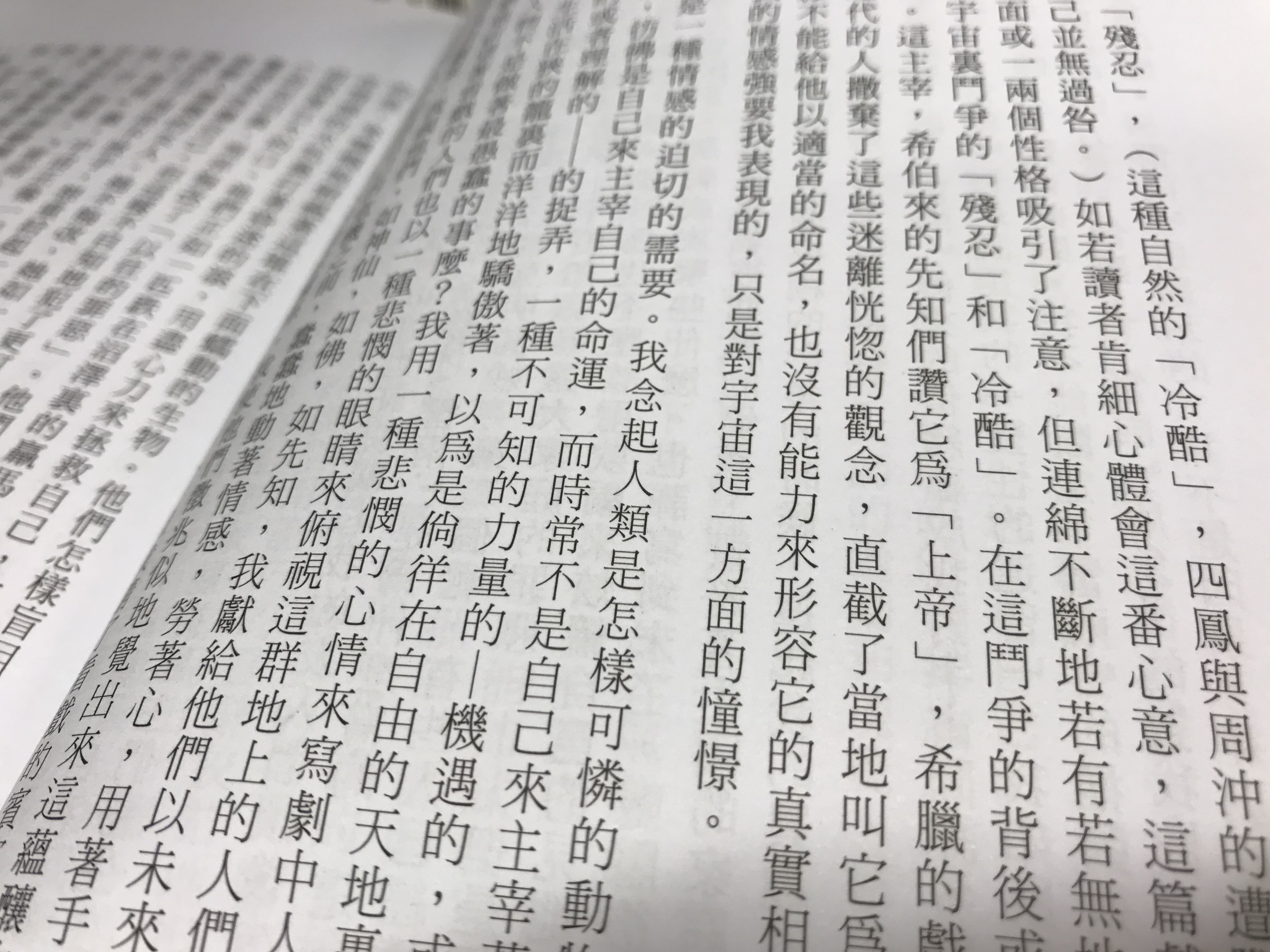Aestheticism versus Utilitarianism: The Reception of the “Tragic” in 1930s Chinese Literary Discourse

Abstract
This study examines the construction of the Chinese literary discourse on tragedy in the 1930s, when the intertwining connections between literature and politics left a noticeable influence on the Chinese understanding of the concept. It approaches the subject from three angles: first, it reviews both theoretical discussions of the concept of tragedy and the literary practice of the tragic, exploring possible factors that have either promoted or prevented the application of theory to practice. Second, it traces the changing relationship between pragmatic and aesthetic perspectives during the formation of the Chinese intellectual discourse on tragedy, analysing its relevance to the inextricable link between literature and politics in the 1930s. Thirdly, it investigates the differences between the Chinese perception of tragedy and its foreign origins, presenting the constant interplay among several cultural, social, and political elements that affected the establishment of the 1930s Chinese tragic tradition. In doing so, this study demonstrates the particular features of the Chinese perception of the tragic in the 1930s, as well as the decisive role that socio-political factors played in manipulating the intellectual practices at the time.
- China,
- the tragic,
- aesthetics,
- 1930s literary field,
- pragmatism,
- literary realism
